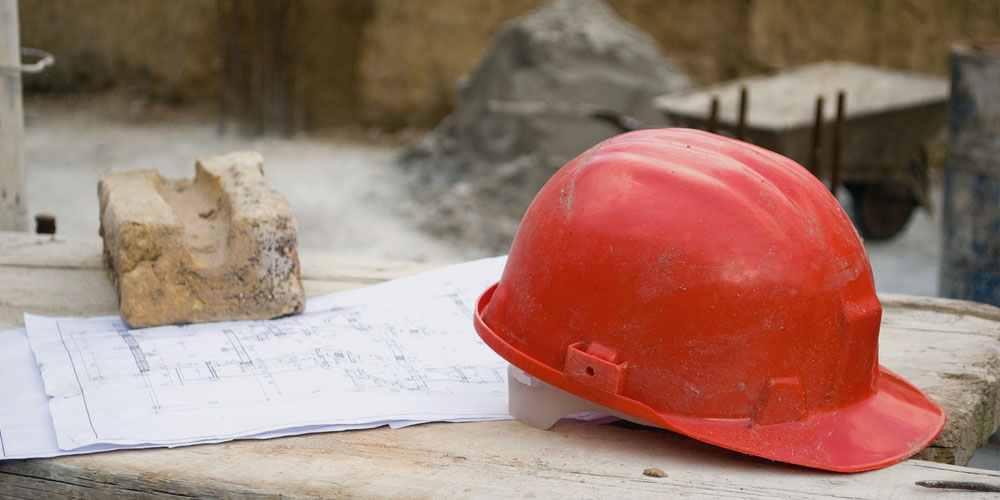Taking too long? Close loading screen.

January 23rd

Reading through the official laws on workers comp—or any laws, for that matter—is a great way to give yourself a headache. Save yourself the trouble and let us dive in for you.
Wondering how workers comp works in Utah? Let’s briefly go over and demystify Utah’s workers comp laws on a very basic level, and how those laws might affect you. Here’s the gist of it:
Anyone in the direct service of an employer, whether working illegally or legally, is considered an employee. That means minors and aliens are also protected by Utah’s workers compensation laws.
Independent contractors, on the other hand, are a little bit different.
Independent contractors and their employees/subcontractors are not eligible for workers compensation claims against the business for whom they’re working for—and indeed some businesses mislead employees into working as ‘independent contractors’ to avoid workers comp claims.
However, if these independent contractors become statutory employees—meaning the employer retains the right to supervise and control the contractor’s work—then the contractor may receive the same benefits as a traditional employee.
Employers are required by law to secure workers compensation benefits for their employees with a workers compensation policy, purchased through a licensed Utah workers comp carrier.
Employers may also set up self-funded workers comp programs, but only under authorization by the Utah Labor Commission.
And what actually makes someone an employer? Any expressed, implied, oral or written contract of hire establishes an employer-employee relationship.
In a few scenarios, Utah workers may still be covered by Utah’s workers comp laws when working outside the state.
First of all, states with reciprocal workers comp agreements won’t pay out benefits to Utah workers injured while working temporarily in those states.
Those states are Wyoming, Montana, Idaho, Nevada, North Dakota, South Dakota, Maryland, Texas, Washington, Tennessee, West Virginia, California, and Oregon.
Other than that, Utah workers who are hired or regularly work in Utah may only be covered under Utah workers comp law if they are injured within the first six months of working outside of Utah.
In some circumstances, employers may extend coverage past the initial six-month period with the Utah Labor Commission.
Accidental employee injuries (not self-inflicted) that occur during the normal course of employment are covered under Utah’s workers comp laws.
Covered diseases and illnesses are any that arise during your employment and are directly caused or made worse by your employment.
How does workers comp work in Utah? Well, in some cases your employer may deny a perfectly reasonable and valid workers compensation claim, keeping employees from receiving the benefits they need to recover and get back to work.
Instead of giving up and accepting the hand you’re dealt, seek out a qualified and experienced Utah workers comp attorney.
Professional workers comp lawyers will review your case, determine the best course of action, and help you win the compensation you deserve.
*The information provided on this website does not, and is not intended to, constitute legal advice; instead, all information, content, and materials available on this site are for general informational purposes only.
Do you have a case?
The longer you wait, the lower the chance you have of getting compensation. Contact us NOW for a free case evaluation.
Free Consultationyou pay nothing until we win
Davis & Sanchez